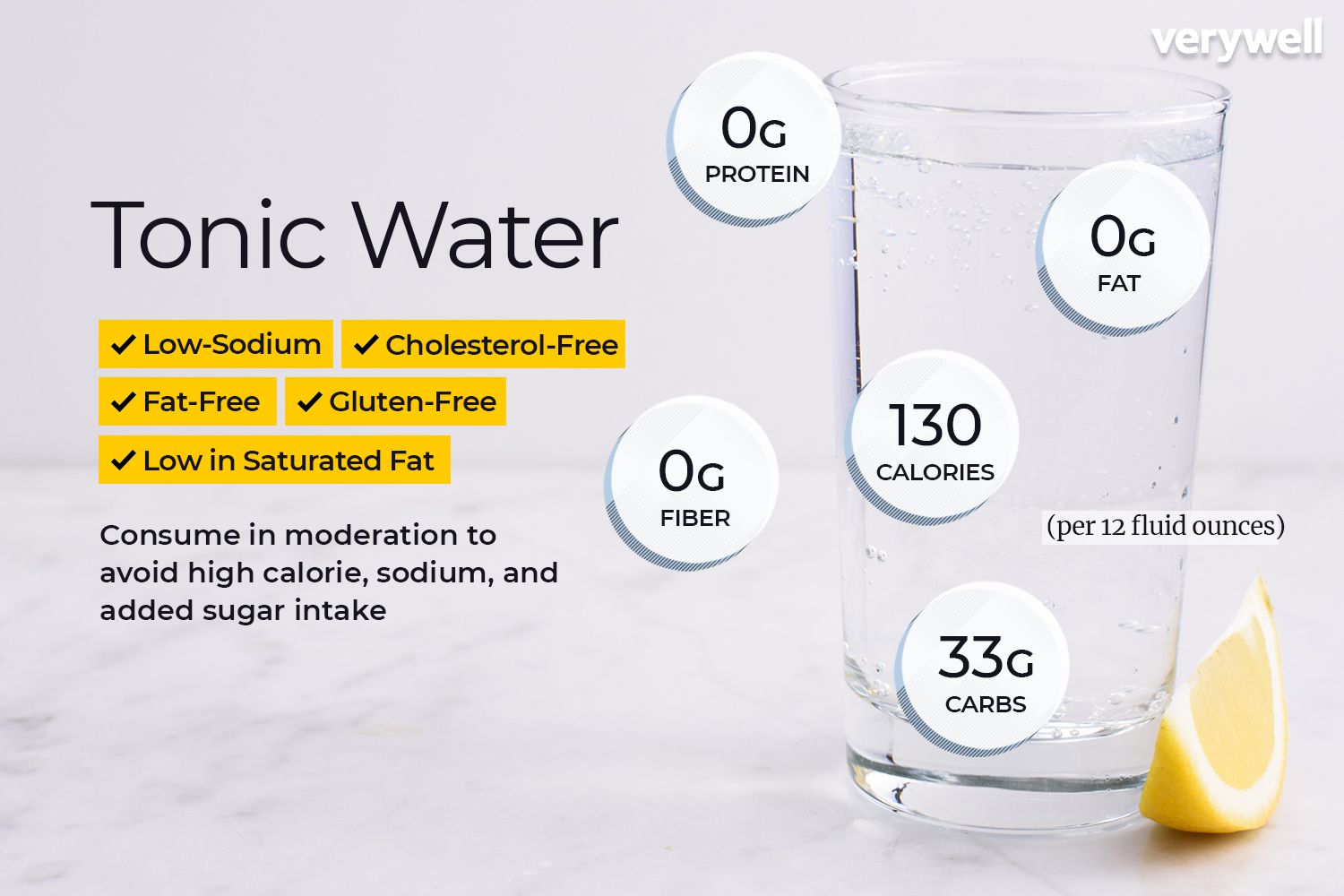Japanese sweet potato are nutritious, high in complex carbohydrates, fiber, vitamins, and minerals, offering energy and health benefits. Particularly favored by farmers and laborers in Japan for their nutritional value and delicious taste.
Japanese sweet potatoes stand out for their distinctive creamy texture and sweet yet subtle flavor, making them a unique addition to any diet. Rich in essential nutrients like vitamin A, potassium, iron, and copper, they are a versatile and wholesome food choice that can be enjoyed in various dishes.
As a complex carbohydrate source, they provide sustained energy and are a popular option for pre-run meals. Whether baked, roasted, or mashed, Japanese sweet potatoes are a delicious and nutrient-dense addition to any meal plan.

Credit: www.healthline.com
Vitamins And Minerals
Japanese sweet potatoes are a healthy and nutritious choice, rich in complex carbohydrates, dietary fiber, vitamins (especially vitamin A), minerals, potassium, iron, and copper. Farmers and hard labor workers in Japan particularly enjoy the energy and health benefits provided by these sweet potatoes.
Their creaminess, lighter texture, and sweet yet subtle flavor make them a distinct and delicious variety.
| Japanese sweet potatoes are a healthy choice. | They are high in complex carbohydrates and dietary fiber. |
| They provide a good source of energy for farmers and labor workers. | Rich in vitamins (especially vitamin A) and minerals like potassium, iron, and copper. |
Dietary Fiber And Carbohydrates
Japanese sweet potatoes are a healthy and nutritious choice, especially for those looking for a good source of energy. They are high in complex carbohydrates and dietary fiber, making them an excellent option for sustained energy throughout the day. These potatoes are particularly enjoyed by farmers and hard labor workers in Japan due to their ability to provide long-lasting fuel. In addition to carbohydrates and fiber, Japanese sweet potatoes are also packed with vitamins (especially vitamin A), minerals like potassium, iron, and copper. They have a distinct creaminess and a fluffier, lighter texture compared to regular sweet potatoes. The taste is subtly sweet, making them a popular choice for all kinds of dishes.
Distinct Characteristics
Rich in complex carbohydrates and fiber, Japanese sweet potatoes offer abundant energy. Farmers and laborers in Japan favor their vitamin-packed profile, including vitamin A, minerals, potassium, iron, and copper. Unique creaminess and flavor distinguish Japanese sweet potatoes from other varieties, making them a nutritious choice.
Japanese sweet potatoes have distinct characteristics that set them apart from regular sweet potatoes. One of these characteristics is their creamy texture and flavor. Unlike regular sweet potatoes, Japanese sweet potatoes are a little drier and starchier, which gives them a fluffier and lighter texture, similar to regular baking potatoes. Additionally, they have a unique sweetness that is both subtle and delicious.
In terms of nutrition, Japanese sweet potatoes are high in complex carbohydrates and dietary fiber, making them a good source of energy. They are also rich in vitamins, especially vitamin A, as well as minerals like potassium, iron, and copper. Farmers and labor workers in Japan particularly enjoy these sweet potatoes for their nutritional benefits and energy boost.
When compared to regular sweet potatoes, Japanese sweet potatoes have a distinct creaminess and flavor that make them a popular choice among many. Whether you prefer their creamy texture or unique taste, Japanese sweet potatoes are a nutritious and delicious addition to any diet.

Credit: www.friedas.com
Health Effects
Japanese sweet potatoes are a healthy choice due to their high levels of complex carbohydrates and dietary fiber, providing an excellent source of energy. Rich in vitamins, especially vitamin A, and minerals like potassium, iron, and copper, they offer various health benefits for individuals looking to maintain a balanced diet.
| Japanese sweet potatoes are high in complex carbohydrates and dietary fiber. |
| They provide a good source of energy, favored by farmers and labor workers. |
| Rich in vitamins (especially vitamin A), minerals, potassium, iron, and copper. |
| Orange-fleshed sweet potatoes are rich in beta-carotene; purple-fleshed have anthocyanins. |
| Japanese sweet potatoes are creamier, starchier, and have a sweet yet subtle flavor. |
| Being predominantly complex carbs, they are ideal for pre-run meals due to slow digestion. |
Nutritional Facts
Japanese sweet potatoes are a healthy choice, rich in complex carbohydrates, dietary fiber, vitamins (especially vitamin A), minerals, potassium, iron, and copper. They are particularly enjoyed by farmers and labor workers in Japan and are known for their distinct creaminess and sweet, subtle flavor compared to other varieties.
| Caloric Content: Japanese sweet potatoes are moderately low in calories, making them a suitable option for weight management. |
| Nutrient Breakdown: These potatoes are rich in essential nutrients such as Vitamin A, potassium, iron, and copper. |
Incorporating Japanese Sweet Potatoes
Rich in complex carbohydrates and dietary fiber, Japanese sweet potatoes are a nutritious energy source. Packed with vitamins, minerals, and antioxidants like vitamin A and copper, they are a staple for health-conscious individuals. Enjoy their unique creamy texture and sweet flavor in various dishes.
| Japanese Sweet Potato Nutrition
Incorporating Japanese sweet potatoes in your diet is a healthy choice. High in complex carbohydrates and dietary fiber, they provide a good source of energy. They are also a great source of vitamins, especially vitamin A, minerals, potassium, iron, and copper. Japanese sweet potatoes have a distinct creaminess and a fluffier, lighter texture compared to regular sweet potatoes. Their sweet yet subtle flavor makes them a favorite among many. When it comes to culinary uses, there are various recipes you can try. Roasting them with a sprinkle of salt and pepper brings out their natural sweetness. They can also be used in soups, stews, and even desserts like pies and cakes. Incorporating Japanese sweet potatoes into your daily diet can be a nutritious and delicious addition to your meals. |

Credit: recipes.timesofindia.com
Frequently Asked Questions Of Japanese Sweet Potato Nutritio
Are Japanese Sweet Potatoes Healthy?
Japanese sweet potatoes are healthy as they are high in complex carbohydrates, dietary fiber, vitamins, minerals, potassium, iron, and copper. They provide a good source of energy, making them popular among farmers and hard labor workers in Japan. Their distinct creaminess, fluffy texture, and sweet yet subtle flavor set them apart from regular sweet potatoes.
Which Sweet Potato Is The Healthiest?
The healthiest sweet potato is the Japanese sweet potato. It is high in complex carbohydrates, dietary fiber, vitamins (especially vitamin A), minerals, potassium, iron, and copper. It also has a distinct creaminess, a fluffier texture, and a sweet yet subtle flavor compared to other varieties.
What Is The Difference Between Japanese Sweet Potatoes And Regular Sweet Potatoes?
Japanese sweet potatoes have a creamier, fluffier texture, resembling baking potatoes. They are starchier and have a subtly sweeter flavor compared to regular sweet potatoes.
Are Japanese Sweet Potatoes A Complex Carb?
Japanese sweet potatoes are a complex carb rich in energy, fiber, vitamins (especially A), minerals, potassium, iron, and copper. Great for farmers and labor workers.
Conclusion
Japanese sweet potatoes are a powerhouse of nutrition, rich in vitamins, minerals, and fiber. With their unique taste and texture, they are a popular choice for those seeking a healthy source of energy. Include them in your diet for a delicious and nutritious boost!











